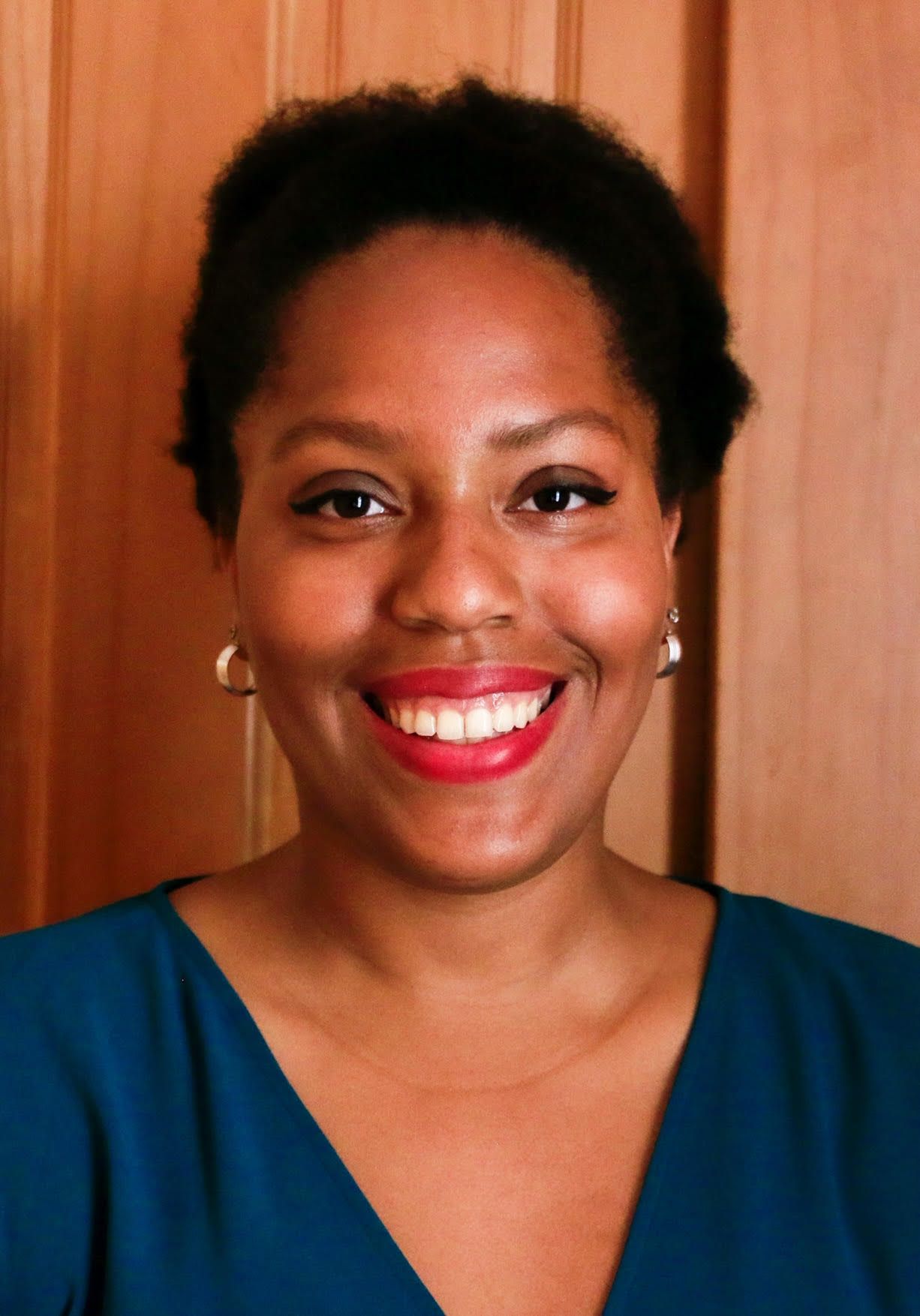Perimenopause and Menopause: What’s the Difference?
People often use the terms ‘menopause’ and ‘perimenopause’ interchangeably, but they don’t mean the same thing.
What Is the Difference Between Perimenopause and Menopause?
Next up video playing in 10 seconds
Perimenopause and menopause are normal and natural stages that typically occur when a woman is in her forties and fifties, toward the end of what is considered her reproductive life. The word “peri” comes from the Greek word meaning “about.” This is the stage around menopause but before you officially go through it. During perimenopause, which many women experience during their forties, menstrual cycles are irregular and fertility is declining, but conceiving a child may still be possible.
RELATED: Subfertility and Infertility: What Is the Difference?
The Two Stages or Phases of the Perimenopause Transition
Scientists divide perimenopause into two stages, notes the Mayo Clinic. Early-stage perimenopause is when your menstrual cycle, which was regular before, starts to become erratic. (If you have always been erratic, it can be difficult to tell when you have entered this phase.) You are in early-stage perimenopause when, in the course of several months, your period comes a week or more later than usual.
You enter late-stage perimenopause when there are at least 60 days between some periods. This can happen soon after the early stage begins or, more commonly, not for several years. The hormones in a woman’s system are in flux during this time, and the fluctuations may trigger symptoms such as hot flashes.

What Brings on Perimenopause and Perimenopausal Symptoms?
Since an egg that has ovulated and not been fertilized is what triggers a monthly period, or menstrual bleed, it makes sense that a woman’s eggs are the central reason she enters perimenopause.
Some background: When a baby girl is born, she has all the eggs she’ll ever have, and over the years, the quality of these eggs declines, explains Nanette Santoro, MD, the chair of obstetrics and gynecology at the University of Colorado School of Medicine in Aurora and a longtime menopause researcher. When the degeneration reaches a critical stage, follicle stimulating hormone and luteinizing hormone ramp up to try to force these lackluster eggs to ovulate. “The hormones are going up because they’re trying harder and harder to get the ovaries to work,” she says. The rise in these two hormones is typically associated with being in perimenopause.
RELATED: What Men and Women 35 and Older Must Know About Fertility, Infertility, and Getting Pregnant
The age that perimenopause begins varies, but on average it starts when women are in their mid to late forties, according to the North American Menopause Society (NAMS). But some women are in their mid-thirties when perimenopause starts, while a few don’t begin the process until their mid-fifties.
When, Exactly, Are You in Menopause?
Menopause is identified after the fact, Dr. Santoro says. When you look back at your calendar and see that you have gone one full year with absolutely no menstrual bleeding, then you are in menopause. You might go a long stretch of months without getting a period, but if one eventually comes before 12 months have passed, you are still perimenopausal.
Most American Women Reach Menopause Around Age 51
In the United States, women typically enter menopause between ages 40 and 58, with the average being 51, according to NAMS. Some women are even in their sixties. Typically, women reach menopause around the same age as their mothers or other women in their family.
When Are You Most Likely to Experience Perimenopausal Symptoms?
Women in perimenopause experience a variety of symptoms. The most common are hot flashes, trouble sleeping (often from flashes at night), vaginal dryness, and mood changes, sometimes including depression. But women may experience a wide variety of symptoms that strike them during this time, including having an odd taste in the mouth or the feeling of zaps under their skin.
One of the largest studies of women going through the menopause transition, the Study of Women’s Health Across the Nation (SWAN), found that the most common time for symptoms to occur is the late perimenopause stage, according to the report (co-authored by Santoro). But some women may experience symptoms earlier.
Hot Flash Symptoms May Start in Perimenopause but Continue After Menopause
Women who have moderate to severe hot flashes may experience them beyond the perimenopause stage. In fact, a study that followed 255 women over a period of 16 years found that many women continued having hot flashes for nearly a decade after menopause, although the severity of the symptoms began declining after about two years.
Women who are younger when they start perimenopause typically experience symptoms longer than women who are older, Santoro says.
Hormone therapy is still the best treatment for most perimenopausal symptoms. Other women find relief from making lifestyle changes or trying natural remedies.
RELATED: Past Trauma Linked to Hot Flashes and Other Menopause Symptoms
Premature and Induced Menopause: What to Know
A small number of women enter menopause much earlier than the average. When it occurs in women age 40 or younger, it is termed premature menopause, according to NAMS. This happens to about 1 percent of women in the United States.
In some cases, menopause is surgically induced, such as when a woman has her ovaries removed for cancer prevention or treatment. Women with induced menopause often experience more intense symptoms than women going through the process naturally.
Early Menopause May Mean Early Disease Risks
Because a woman’s health risk for certain diseases increases after she goes through menopause, women going through the process at a younger age — whether induced or naturally — need to be more closely monitored for these health conditions, NAMS advises.
Period Changes Are Not Always Caused by Menopause
Missed periods can have other causes besides menopause, Santoro cautions. Especially if you’re younger than 45, you should check with your physician if your periods become wildly erratic or stop altogether, she says. And since pregnancy is still a possibility, that should be evaluated as a possible cause as well. Although missed periods may be from something as simple as stress, serious diseases, including a tumor in the pituitary gland, can also cause your periods to cease, she says.
Likewise, changes to your period could be caused by other medical conditions, including endometriosis, cancer, fibroids, or polyps.
Everyday Health follows strict sourcing guidelines to ensure the accuracy of its content, outlined in our editorial policy. We use only trustworthy sources, including peer-reviewed studies, board-certified medical experts, patients with lived experience, and information from top institutions.
Resources
- Perimenopause: Symptoms and Causes. Mayo Clinic. May 25, 2023.
- Menopause 101: A Primer for the Perimenopausal. North American Menopause Society.
- Are We There Yet? Navigate Now With Our Guided Menopause Tour. North American Menopause Society.
- Santoro N, Sutton-Tyrrell K. The SWAN Song: Study of Women’s Health Across the Nation’s Recurring Themes. Obstetrics and Gynecology Clinics of North America. September 2011.
- Freeman EW, Sammel MD, Sanders RJ. Risk of Long-Term Hot Flashes After Natural Menopause: Evidence From the Penn Ovarian Aging Study Cohort. Menopause. September 2014.
- Perimenopause and Premature Menopause FAQs. North American Menopause Society.

Kara Smythe, MD
Medical Reviewer
Kara Smythe, MD, has been working in sexual and reproductive health for over 10 years. Dr. Smythe is a board-certified fellow of the American College of Obstetricians and Gynecologists, and her interests include improving maternal health, ensuring access to contraception, and promoting sexual health.
She graduated magna cum laude from Florida International University with a bachelor's degree in biology and earned her medical degree from St. George’s University in Grenada. She completed her residency in obstetrics and gynecology at the SUNY Downstate Medical Center in Brooklyn, New York. She worked in Maine for six years, where she had the privilege of caring for an underserved population.
Smythe is also passionate about the ways that public health policies shape individual health outcomes. She has a master’s degree in population health from University College London and recently completed a social science research methods master's degree at Cardiff University. She is currently working on her PhD in medical sociology. Her research examines people's experiences of accessing, using, and discontinuing long-acting reversible contraception.
When she’s not working, Smythe enjoys dancing, photography, and spending time with her family and her cat, Finnegan.


